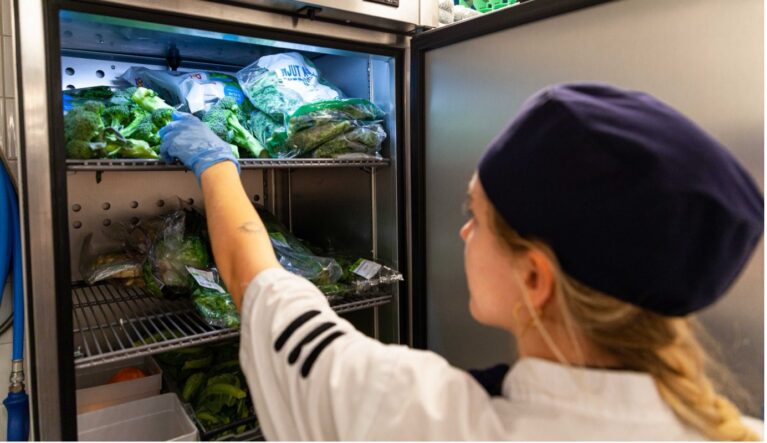Why you should choose True Refrigeration’s upright cabinets


Summer is a bumper time for restaurants, cafés and food operators across Australia. But while warmer days are typically great news for business, it can be tough time for your commercial refrigeration and freezer equipment.
Hotter temperatures mean fridge compressors will have to work harder. The impact of damaged or broken seals (gaskets) will be magnified. While any cooling equipment that perhaps isn’t in the best of condition will be far more susceptible to failing, which can lead to even bigger problems and expenses down the track.
From reducing energy bills and unplanned maintenance to maximising the freshness of your food and ingredients, preparing your commercial refrigeration and freezer equipment for summer has many benefits. So, when the mercury starts to rise, here are our top seven tips…
Ambient conditions outside can directly influence the temperature inside your commercial refrigerators and freezers. As the weather warms up, it’s important to check that your settings from winter and spring are still adequate – because often they won’t be. To compensate for extended spells of hot weather, it may be worth turning down your temperature settings by a few degrees to ensure your food and ingredients continue to be stored safely.
Damaged seals and gaskets can have a big impact on cooling performance. A simple way to test their effectiveness is to insert a piece of paper when you close the door, then pull the paper. If the paper slips out easily from the door, the seals aren’t airtight and it’s time to replace them. It’s also worth remembering some harsh cleaning chemicals can prematurely degrade seals and gaskets. Warm soapy water is usually best.
This one may seem obvious. But it’s a real fridge and freezer killer when the weather heats up. It can also send your summer energy bills soaring. Speak with your kitchen staff and
reinforce the importance of being organised to minimise the amount of time fridge doors are left open.
Consider the location of your commercial refrigerators and freezers, especially mobile units. Sometimes a small move can make a big difference. The ideal location is away from exterior walls and windows, as heat can often penetrate through them, making your fridge work harder than it needs to. Avoid direct sunlight and warm breezes, and also try to leave some space around your fridges and freezers to allow for adequate ventilation, especially around the electricals at the back and/or bottom of the unit.
The way you fill your fridges and freezers matters! The less empty air for the compressor to cool, the less it has to work. To help, one simple tip is to add a few bottles of water to fill any empty space. But don’t overdo it – overfilling your fridge or freezer can also restrict air circulation, which will have the opposite effect!
It’s a great idea to clean your condenser coils all year ’round, but especially when the weather warms up. In busy commercial kitchens, coils can quickly collect a lot of dust and grime, and some can even have ice build-up. Keeping them clean will extend their operational life and maximise airflow so your refrigerator can run at its peak.
As we’ve written about before, moisture and condensation build-up is always a big challenge in warm climates. Left unchecked it can cause food to spoil, drive up energy bills, and cause expensive damage to commercial refrigerators and freezers of all sizes. For specific tips relating to managing moisture, click here.
Are your refrigerators and freezers ready for Summer?
Contact us today to make sure.